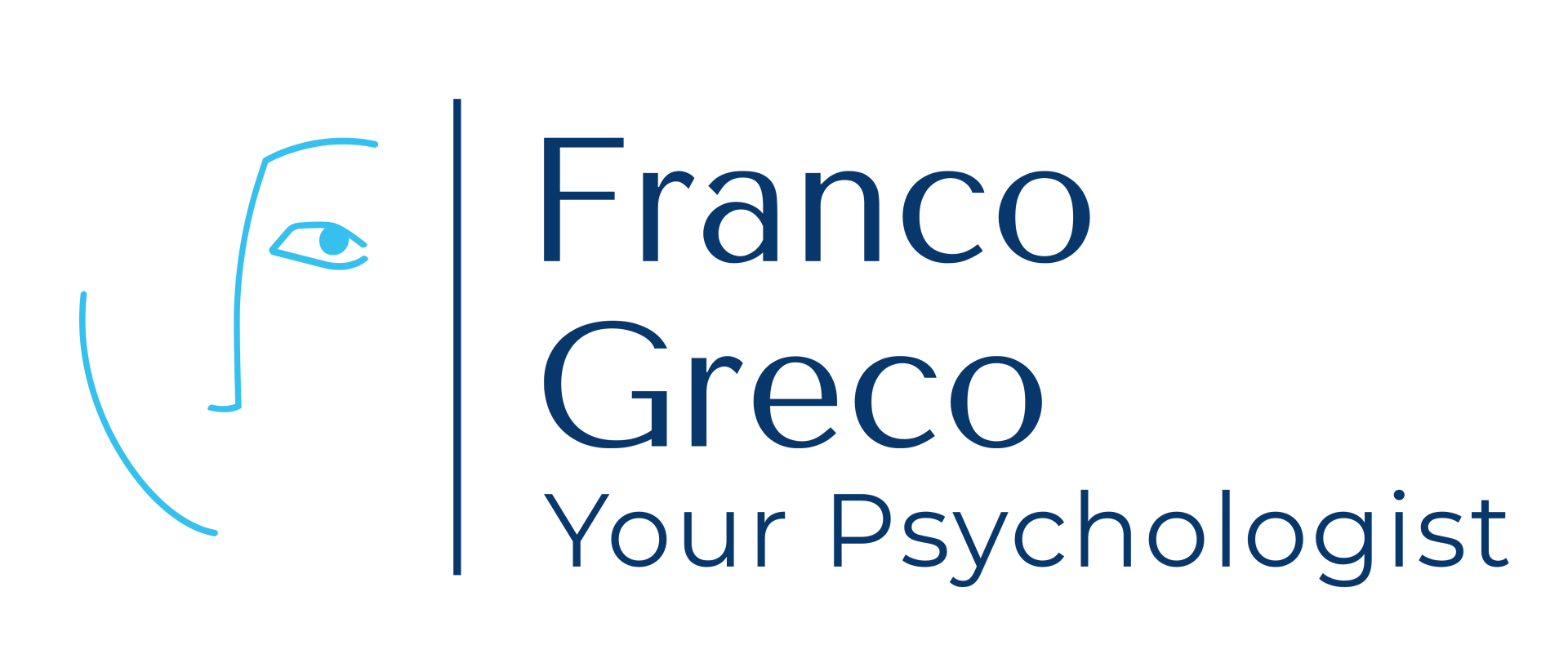If your GP prescribed spending time outdoors are you more likely to do that? You should ... nature is the perfect multivitamin
Franco Greco • December 17, 2019
We know that being in the great outdoors feels good, but there is growing evidence that it may also make you healthier.

The "3 Day Effect" was a term coined by Utah bookseller/river runner Ken Sanders, who noticed a significant shift in group members on a three day rafting trip.
David Strayer, a cognitive psychologist at the University of Utah has had similar experiences:
"When we slow down, stop the busy work, and take in beautiful natural surroundings, not only do we feel restored but our mental performance improves too."
Strayer illustrated his point with a group of participants who did 50 per cent better on problem solving tasks and word games after three days on a backpacking trip.
"On the third day my senses recalibrate - I smell things and hear things I didn't before."
Strayer goes on, "If you can have the experience of being in the moment for two or three days, it seems to produce a difference in qualitive thinking."
It's believed that being in nature allows the prefrontal cortex (the brain's command center) to rest like an overused muscle.
Countless research studies around the world found that immersion in natural surroundings decreased anxiety as well as an improvement in mood, attention, memory, and creativity.
The Radio National Life Matters Program
recently interviewed (link below):
- Zoe Myers, Lecturer at the Australian Urban Design Research Centre at the University of Western Australia; and
- Dr Ming Kuo, Psychologist, Associate Professor at the Department of Natural Resources and Environmental Sciences, University of Illinois. Listen to her Ted Talk (link below).
The interview covered the far reaching effects of being outdoors and the growing evidence that it makes us healthier.
Since the mid 2000s, Parks Victoria
has investigated the health benefits of spending time in nature as part of its Healthy Parks, Healthy People program.
Its latest commissioned literature review of the health benefits of parks and natural spaces by Deakin University found access and proximity to safe, high-quality parks improved mental health.
A survey by Parks Victoria found that 64 per cent of people said they did most of their exercise indoors — despite almost 80 per cent of people reporting that being in nature improved their mental health.
While weather, safety concerns and access to green spaces could be barriers, moving your daily exercise outside could make a difference.
Research shows spending about 15 to 20 minutes in green space or a park can actually significantly lower stress hormones.
Studies also show that just watching nature videos can increase positive emotions. Spending time in marine environments can also help reduce stress.
So ... over the festive and holiday period ... can you find three days? You will be benefit greatly from it. Ask your GP to prescribe it!
References
Radio National , Life Matters Program
Dr Ming Kuo's Tedx talk on the psychological, physical, and social benefits of nature
Office Hours
Wednesday: 9am - 6pm
CONTACT ME TODAY
Thursday: 9am - 6pm
Friday: 9am - 6pm
or
SCHEDULE AN APPOINTMENT
